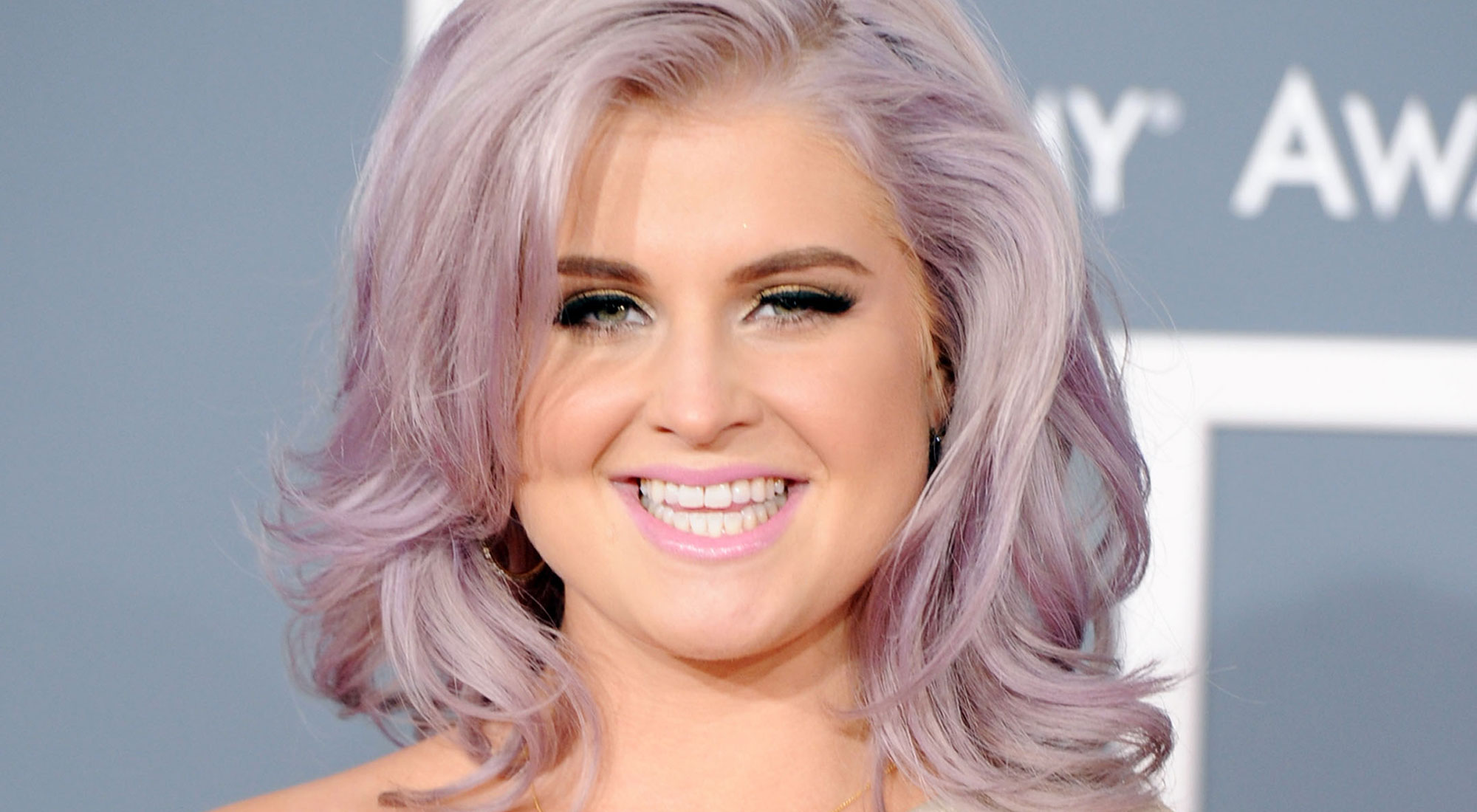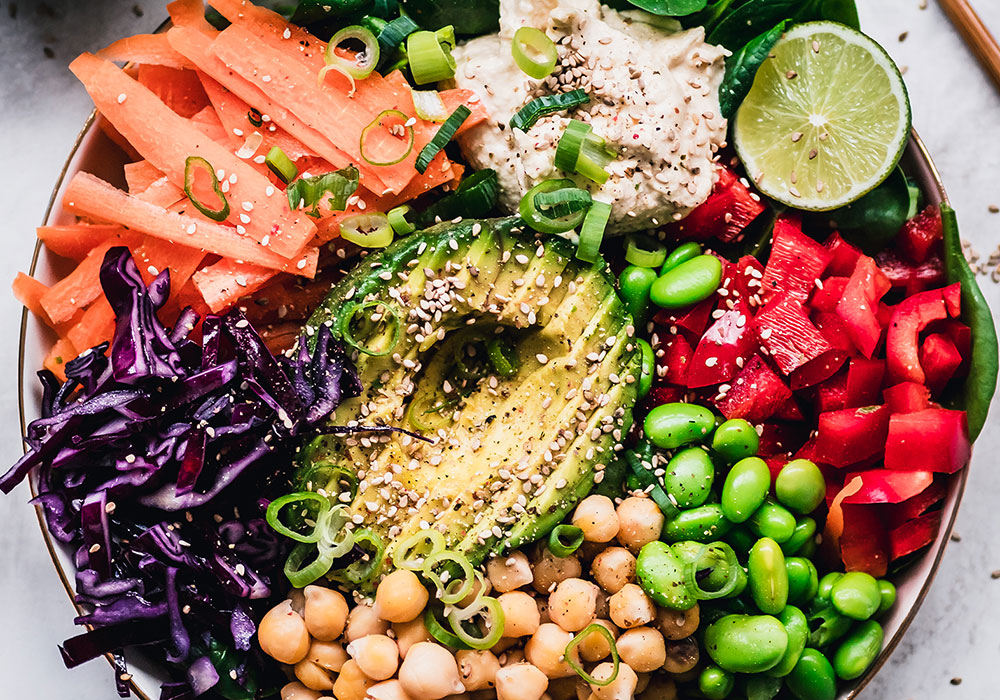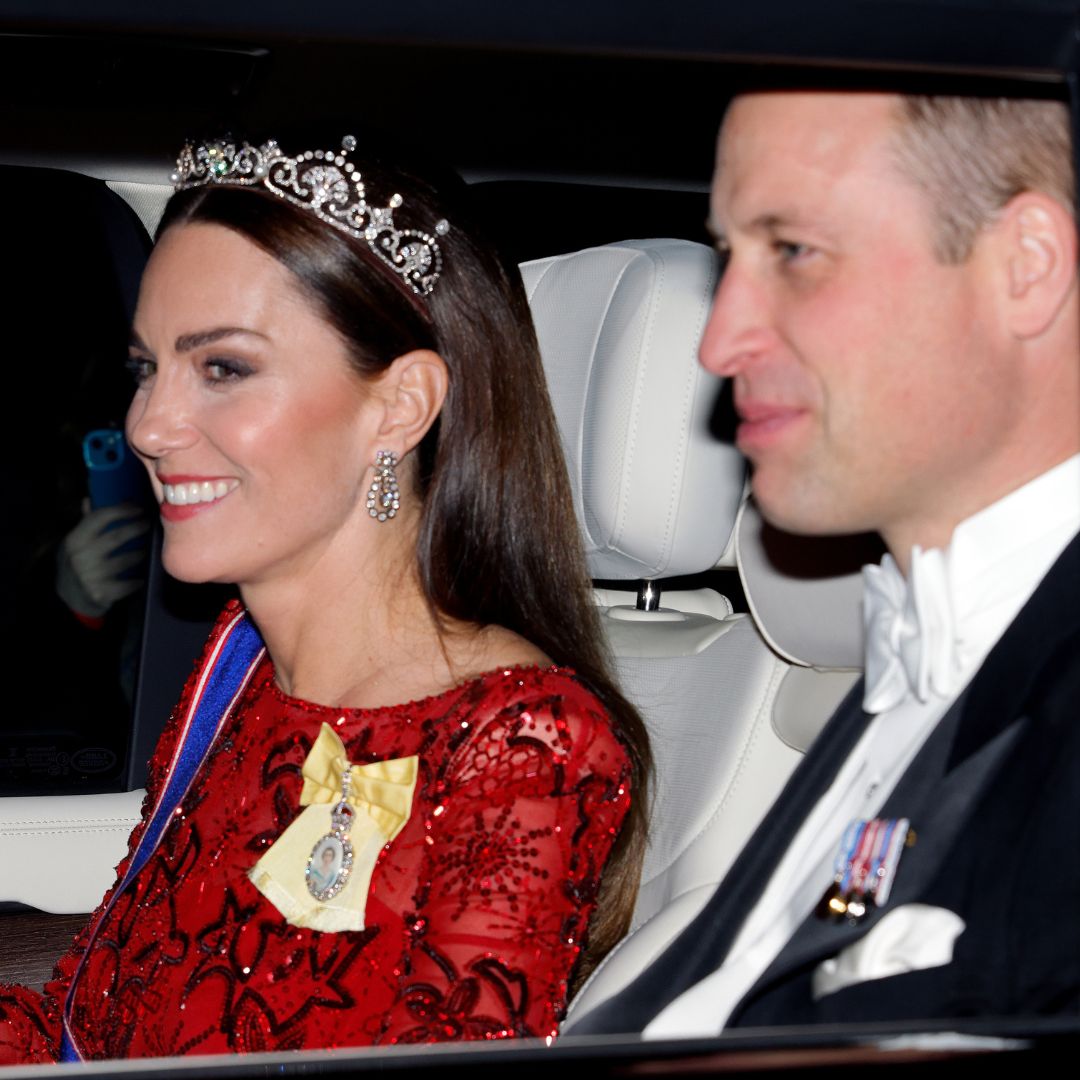Kelly Osbourne lost six stone by going vegan: three nutritionists share if the diet is good for weight loss
The experts weigh up the pros and cons

The experts weigh up the pros and cons
New photos of Kelly Osbourne have surfaced today showing the star has lost six stone over lockdown. In the images, she's glowing, looking relaxed, healthy and happy. Her credit? Veganism.
You all probably know a vegan. That's someone who makes the active decision to cut all animal-based products from their diet and even sometimes lifestyle. Foods like meat, fish, dairy products and eggs are out, and replaced with vegetables, grains, nuts and fruits.
While adopting a vegan lifestyle in the noughties meant bucketloads of houmous, pitta and legumes, now, it's a mainstream lifestyle choice adapted by the likes of Beyonce, Natalie Portman and Lucy Watson, to name a few.
Research suggests that around 2% of UK adults are now vegan: the number of British vegans quadrupled between 2014 and 2019. Most mainstream supermarkets now offer their own plant-bases alternatives, and fast food chains like Greggs, McDonalds and Burger King do, too.
So, if you're keen to shed some pounds, is going vegan the way forward? We asked three nutritionists to share their thoughts on veganism and weight loss. Keep reading to find out what they think—and whether they'd recommend you try it.
I want to lose weight. Should I go vegan?
No - you'll be at a high risk of nutrient deficiencies
Be wary—especially when you first go vegan, you can get nutrient deficient very quickly. Your body is adjusting to your new routine. "Veganism poses risk of key nutrient deficiencies such as Vitamin B12, iodine, omega-3, calcium and iron. It is possible to get all your nutrients on a vegan diet, but it takes a lot of planning", nutritionist Jenna Hope (@jennahopenutrition) shares.
Marie Claire Newsletter
Celebrity news, beauty, fashion advice, and fascinating features, delivered straight to your inbox!
Nutritionist Clarissa Lenherr (clarissalenherr.com) agrees, adding that the most common nutrient deficiencies faced by vegans often lead to energy crashes—not ideal if you're trying to lose weight and not faceplant the biscuit tin come 4pm. "Being low in vitamin D, B12 and iron can lead to feelings of fatigue. This, in turn, can lead to increased consumption of energy-rich foods to counteract this (think carbohydrates and sugars)". She warns that, long term, this would lead to weight gain, not weight loss.
Yes - vegan foods are generally healthier
"Veganism can be beneficial for weight loss if meals often include more of an abundance of fruits, vegetables, nuts, seeds and legumes, which are relatively low in calories and can support metabolic health", shares nutritionist Lauren Windas (@laurenwindasnutritionist).
Emphasis here on the if, but if you do adopt a well-balanced vegan lifestyle packed with nutrient-dense foods and maintain a calorie deficit in doing so, the likelihood is you'll lose weight. Plus, you'll be nourishing your body while doing so. Win, win.

No - don't be fooled: not all vegan foods are healthy
Is all vegan food healthy and will eating only healthy food lead to weight loss? No, and no. The sharp increase in veganism means the market is flooded with 'alt' vegan meats packed full of ingredients you likely don't know the name of. On the weight loss front, while eating healthy food is important to maintain optimal health, if you just want to shed some pounds, it's really as simple as how much energy you're eating versus how much energy you're expending.
"There’s a common misconception that vegan food is healthier. Highly processed soya nuggets, chips, vegan sweets and vegan junk food may not contain ingredients derived from animals, but these foods can still be high in sugar, saturated fats and total calories, which will not help with weight loss", Jenna points out.
Yes - you'll have fewer options when eating out
Under normal circumstances, having a range of options to choose from when eating out is a joy. But if you're trying to lose weight and, in doing so, maintain a calorie deficit, sometimes the 101 options can feel a little overwhelming.
Not if you choose to go vegan—although many restaurants are now accommodating, there will still be less options available than for meat-eaters, points out Lauren. "When eating vegan, you don't eat meat, fish, dairy or cheese, so your menu options will be far fewer than normal", she shares. "This means veganism could be handy for weight loss as it limits your options when eating out to only those packed full of low energy fruit, vegetables, nuts, seeds and legumes."
No - it's restrictive
A quick reminder here: any weight loss 'diet' or plan which leads to you restricting yourself is not worth it. NHS guidelines, designed to help Brits lose weight at a safe rate, recommend losing no more than of 0.5kg to 1kg (1lb to 2lb) per week. This means sticking to a daily calorie allowance of 1,400kcal for women.
"In an oversimplified explanation, weight loss occurs as a result of a calorie deficit and therefore individuals should focus on their total consumption rather than restricting certain food groups", Jenna adds. So, rather than cut out all of the foods you love while chasing a dream weight, why not monitor your intake and eat a little less, while still enjoying the flavours that bring you joy?
Yes - vegan foods have lower energy content generally
As in, leafy greens with a high water content (broccoli, courgette, beans, spinach and so on) and fruit (like strawberries, raspberries, blueberries and grapes) are all far lower in calories than other foods. Packing meals full of these, as you have too as a vegan, logically speaking should mean your overall calorie consumption is lower.
"Individuals may lose weight on a wholefood vegan diet due to the lower energy content of many plant-based foods and plant protein sources. Snacking on the go and general picking at food may decrease, as it's easier to make your own at home", shares Jenna.
No - it's vital to find a diet that works for you
But, for every individual who loses weight on a vegan diet, there are many who put on weight. "Often the latter stories are not spoken about as much", Jenna shares. Lauren highlights that this is because, as a vegan, you don't have access to any lean sources of protein, and even vegan protein sources like tofu, chickpeas, lentils and so on do contain higher calories, and higher percentages of carbohydrates.
Which means? "Forgoing meat involves eliminating lean protein sources such as turkey and chicken", according to Lauren. Lean protein is essential for building muscle and also for satiety. If you're not satiated, you could graze between meal times and eat larger portion sizes, leading to weight gain.
Ultimately, you need to find a diet that works for you, or it won't work. "It’s important to make your own dietary choices based on your own goals and beliefs, rather than being told to follow a certain a diet or, worse, being guilt-tripped into it", Jenna adds.
Yes - you'll feel fuller for longer
Depending on your current diet, you could drop weight easily switching from highly processed to fibre-packed fruit and veg. "If you previous ate a large deal of red meat, animal fats, processed foods teamed with low fibre and plant food intake, then when you switch to a well-balanced vegan diet, you will naturally be consuming less saturated fat and more plant foods, which are lower in calories and lower in fat", shares Clarissa.
Plus, she adds that the vegan diet tends to also be higher in fibre than the Western diet, meaning you'll feel fuller and more energised. "This could lead to reduced calorie consumption and potentially less snacking between meals, which could in turn result in weight loss."
No - eating vegan doesn't necessarily mean you'll be in a calorie deficit
While there are clear environmental reasons as to why you'd decide to go vegan, the correlation between veganism and weight loss is more blurry. Jenna highlights that on a very simplistic level, weight loss is about calories in vs calories out, that is, maintaining a calorie deficit. You can eat all the beans, soya nuggets and vegan burgers, but if you're still eating more calories than you're burning, you won't lost weight, she warns.
Bottom line: weight loss is different for everyone, and every body, too. If you're motivated to adopt a vegan lifestyle for more reasons than just weight loss, that is, for example, you're aware of the environmental impact red meat has on methane emissions and in turn global warming, perhaps going vegan could work for you.
But mindlessly adopting a vegan diet for a few months as a means of losing weight may not be the most sensible (or successful) method. "Following a vegan diet doesn’t necessarily lead to weight loss, and I wouldn’t advise this for individuals who are looking to lose weight", Jenna concludes.
Even Kelly agrees, telling HuffPost: "Once I learned how to work out right and eat right, it’s one of those things that you just have to commit to a life change rather than being on a diet."
Hear, hear.

Ally Head is Marie Claire UK's Senior Health and Sustainability Editor, nine-time marathoner, and Boston Qualifying runner. Day-to-day, she heads up all strategy for her pillars, working across commissioning, features, and e-commerce, reporting on the latest health updates, writing the must-read wellness content, and rounding up the genuinely sustainable and squat-proof gym leggings worth *adding to basket*. She also spearheads the brand's annual Women in Sport covers, interviewing and shooting the likes of Mary Earps, Millie Bright, Daryll Neita, and Lavaia Nielsen. She's won a BSME for her sustainability work, regularly hosts panels and presents for events like the Sustainability Awards, and is a stickler for a strong stat, too, seeing over nine million total impressions on the January 2023 Wellness Issue she oversaw. Follow Ally on Instagram for more or get in touch.
-
 Why Prince William and Princess Kate are skipping the royal Easter celebrations
Why Prince William and Princess Kate are skipping the royal Easter celebrationsBy Jenny Proudfoot
-
 Kendall Jenner, Em Rata and Simone Ashley love this affordable Aussie fashion brand—and it's finally available in the UK
Kendall Jenner, Em Rata and Simone Ashley love this affordable Aussie fashion brand—and it's finally available in the UKChic styles from down under
By Jazzria Harris
-
 I’m a size 18 Fashion Editor—these are the best plus-size jeans I’ve tried
I’m a size 18 Fashion Editor—these are the best plus-size jeans I’ve triedCurve denim that's worth every penny
By Stephanie Yeboah